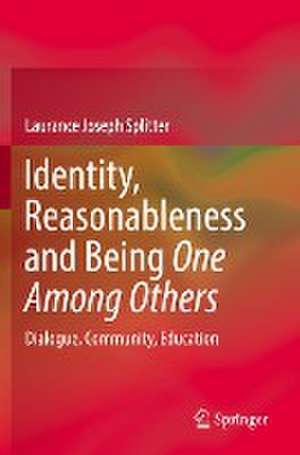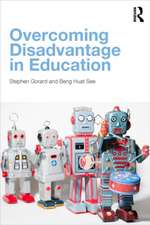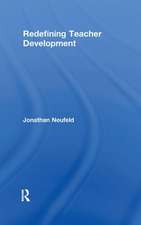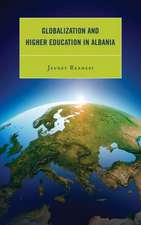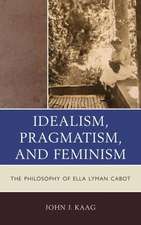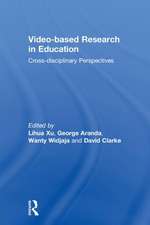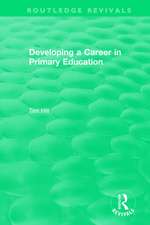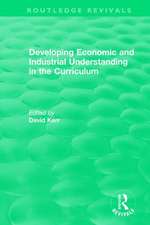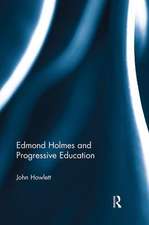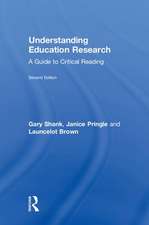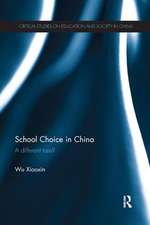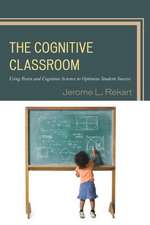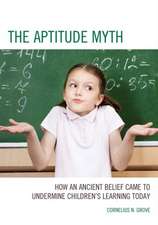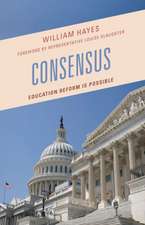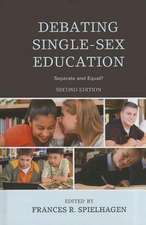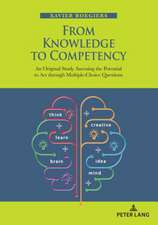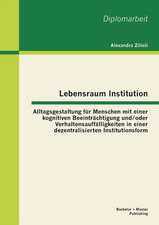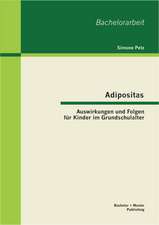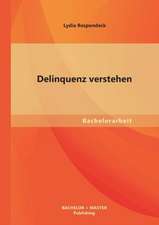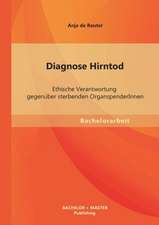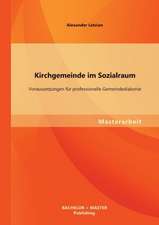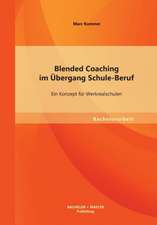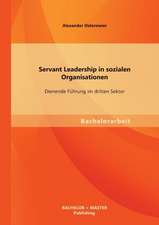Identity, Reasonableness and Being One Among Others: Dialogue, Community, Education
Autor Laurance Joseph Splitteren Limba Engleză Paperback – 3 ian 2024
We cling to tribal affiliations which incline us to look inward and spurn those whom we deem to be “other.” And we observe the mind-numbing, herd-like impact of social (and other) media on our capacity – and that of our children – to distinguish truth and good sense from falsehood and nonsense. Such problems demand our attention as reasonable persons who both think for themselves, and deliberate in good faith with others with whom they may well disagree. The good news is that while reasonableness cannot be taken for granted, it can –indeed, it must – be nurtured and it must be taught. This book both articulates a conception of reasonableness and exemplifies a clear standard of reasonableness, with respect to the questions it raises and the author's responses to them.
| Toate formatele și edițiile | Preț | Express |
|---|---|---|
| Paperback (1) | 698.30 lei 6-8 săpt. | |
| Springer Nature Singapore – 3 ian 2024 | 698.30 lei 6-8 săpt. | |
| Hardback (1) | 954.45 lei 3-5 săpt. | |
| Springer Nature Singapore – 2 ian 2023 | 954.45 lei 3-5 săpt. |
Preț: 698.30 lei
Preț vechi: 821.53 lei
-15% Nou
Puncte Express: 1047
Preț estimativ în valută:
133.63€ • 138.72$ • 111.43£
133.63€ • 138.72$ • 111.43£
Carte tipărită la comandă
Livrare economică 25 martie-08 aprilie
Preluare comenzi: 021 569.72.76
Specificații
ISBN-13: 9789811966866
ISBN-10: 9811966869
Pagini: 311
Ilustrații: XV, 311 p. 4 illus., 3 illus. in color.
Dimensiuni: 155 x 235 mm
Greutate: 0.46 kg
Ediția:1st ed. 2022
Editura: Springer Nature Singapore
Colecția Springer
Locul publicării:Singapore, Singapore
ISBN-10: 9811966869
Pagini: 311
Ilustrații: XV, 311 p. 4 illus., 3 illus. in color.
Dimensiuni: 155 x 235 mm
Greutate: 0.46 kg
Ediția:1st ed. 2022
Editura: Springer Nature Singapore
Colecția Springer
Locul publicării:Singapore, Singapore
Cuprins
Introduction.- What identity really is and why it matters.- On being a person as one among others.- The moral implications of being one among others (I): Descriptive and prescriptive perspectives on personhood, and the normative ideal of reasonableness.- The moral implications of being one among others (II): Persons, groups, and the Principle of Personal Worth.- Narrative and personhood: A fraught relationship.- Democracy and education: Cultivating reasonableness.
Recenzii
“This is an important and timely book, refuting the confusion of attempting to find identity in qualities or collectives and in view of its reference to classroom contexts, one which should be of special interest to readers of Educational Philosophy and Theory.” (Jim Mackenzie, Educational Philosophy and Theory, April 11, 2023)
Notă biografică
Professor Laurance Splitter has an academic background in mathematics and philosophy and was elected as a fellow of the Australian College of Educators. He taught philosophy and education at universities in Australia, the USA, and Hong Kong, and has been a visiting professor at several universities, most recently the University of Hiroshima, Japan, in 2017-18. For almost 40 years, Laurance has been a pioneer in the development of Philosophy for Children around the world, where he was able to combine the intellectual rigor of analytic philosophy with the more person-centered approach of communal inquiry and dialogue.
He was an inaugural director of the Australasian Center for Philosophy with Children and Adolescents, within the Australian Council for Educational Research (1988-2001). In that context, he sought to bring the wonders of philosophy, with its rigorous but open-ended approach to thinking and dialogue, to students and teachers. Many of his publications and conference/seminar presentations have been similarly directed. In recent years, Laurance broadened his core interest in connecting philosophy and formal education to examine how analytic philosophy can contribute to clarifying and, perhaps, resolving, some contemporary issues in the social sciences, involving identity, individualism and collectivism, personhood and citizenship, the role of community, dialogue, narrative, and political/moral tribalism. While retired from full-time work, Laurance continues to write and publish academic literature and give conference and seminar presentations. He teaches philosophy at several campuses of the University of the 3rd Age and facilitates philosophical discussions among students at several schools.
He was an inaugural director of the Australasian Center for Philosophy with Children and Adolescents, within the Australian Council for Educational Research (1988-2001). In that context, he sought to bring the wonders of philosophy, with its rigorous but open-ended approach to thinking and dialogue, to students and teachers. Many of his publications and conference/seminar presentations have been similarly directed. In recent years, Laurance broadened his core interest in connecting philosophy and formal education to examine how analytic philosophy can contribute to clarifying and, perhaps, resolving, some contemporary issues in the social sciences, involving identity, individualism and collectivism, personhood and citizenship, the role of community, dialogue, narrative, and political/moral tribalism. While retired from full-time work, Laurance continues to write and publish academic literature and give conference and seminar presentations. He teaches philosophy at several campuses of the University of the 3rd Age and facilitates philosophical discussions among students at several schools.
Textul de pe ultima copertă
This book brings the tools and ideas of Anglo-American analytic philosophy to bear on how we think about issues of contemporary significance, in a way that is accessible to a broad audience. While acknowledging empirical findings within the social sciences, it takes on the prescriptive task of imagining a better world, in which being citizens in a democracy means actively engaging with others.
We cling to tribal affiliations which incline us to look inward and spurn those whom we deem to be “other.” And we observe the mind-numbing, herd-like impact of social (and other) media on our capacity – and that of our children – to distinguish truth and good sense from falsehood and nonsense. Such problems demand our attention as reasonable persons who both think for themselves, and deliberate in good faith with others with whom they may well disagree. The good news is that while reasonableness cannot be taken for granted, it can – indeed, it must – be nurtured and it must be taught. This book both articulates a conception of reasonableness and exemplifies a clear standard of reasonableness, with respect to the questions it raises and the author's responses to them.
Caracteristici
Applies ideas from Anglo-American analytic philosophy to contemporary issues in society Defends a relational view of persons as “one among others,” against both individualistic and collectivist extremes Characterizes reasonableness as a teachable ideal which brings reason into ordinary, public life
